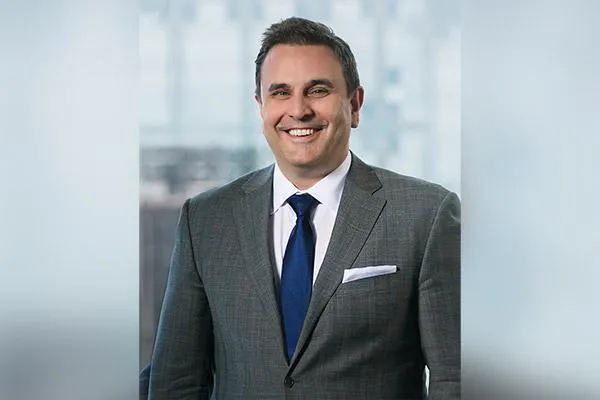
Best Estate Planner for Pain Physicians: How to Protect What You’ve Built
Best Estate Planner for Pain Physicians: How to Protect What You’ve Built
As a high-earning pain physician, you've spent years building your career and accumulating wealth. But without a solid estate plan, much of that success could be lost to taxes, probate, or legal complications. Choosing the right estate planner isn’t just smart—it’s essential to securing your legacy.
Watch our webinar on estate planning strategies designed specifically for pain physicians.
→ Watch the Estate Planning Webinar
Why Estate Planning Matters for Pain Physicians
Most pain doctors face a unique combination of high income, complex assets, and professional risk. Without the right planning, your family or heirs could be left navigating a financial and legal maze.
Common risks include:
Excessive estate taxes
Lack of medical or financial directives
Assets tied up in probate
Legal disputes over business ownership or property
What Makes a Great Estate Planner for Pain Physicians
You don’t just need a generic estate planner—you need one who understands medical professionals. Look for:
Experience with High-Net-Worth Physicians
They should understand income structures (W-2, 1099, business income) and multi-asset estates.Tax-Efficient Strategies
Look for use of trusts, gifting strategies, and tax shelters tailored to your financial profile.Business Succession Experience
Your planner should help protect and pass on ownership of your clinic or partnership interests.State-Specific Knowledge
Estate laws vary—your planner must be licensed and experienced in your practicing state.
Red Flags to Avoid
One-size-fits-all templates
No coordination with your CPA or financial advisor
No proactive tax minimization strategies
No experience with physician asset protection
What a Pain Physician Estate Plan Should Include
Revocable Living Trust
Durable Power of Attorney
Medical Directives
Beneficiary Reviews
Business Succession Plan
Asset Protection Trusts (if applicable)
Charitable Planning Tools (for those with philanthropic goals)
Choosing the Right Planner: What to Ask
How many physicians have you worked with?
Can you coordinate with my CPA or financial advisor?
How do you approach tax reduction in estate planning?
What kind of trusts do you typically recommend for doctors?
Choosing the right estate planner can protect your family, reduce taxes, and secure the legacy you’ve built over a lifetime of practice. Don’t leave it to chance—or to generic legal services.
Take the Next Step
Watch our webinar on estate planning strategies designed specifically for pain physicians.
→ Watch the Estate Planning Webinar

